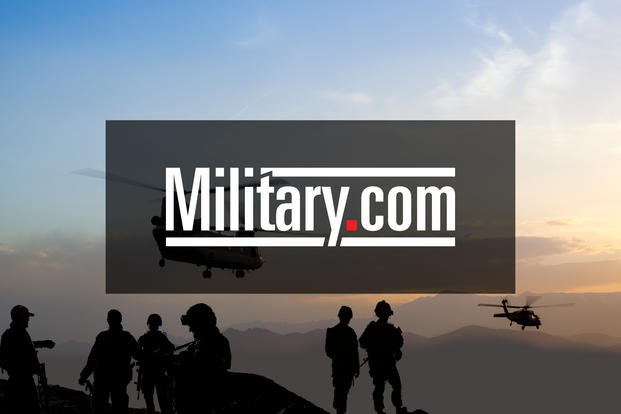President Obama's order to rush 300 Special Forces to Iraq may slow the hemorrhaging within Iraq's military, but it's unlikely to heal the deep wounds festering inside most Iraqi units, said defense analysts and U.S. troops who have trained Iraqi units.
The June 19 announcement is part of the administration's small-scale military response to militants from the Islamic State of Iraq and Syria storming through northern Iraq towns and threatening to take Baghdad.
The deployment of 300 Special Forces soldiers follows an earlier announcement by Obama of plans to deploy 275 Marines and soldiers to reinforce the U.S. embassy.
Once on the ground, Special Forces will assess the state of the deteriorating Iraqi forces and try to help Iraqi units regain the form U.S. troops saw before U.S. combat troops left Iraq. This will be no small feat, military experts maintain.
ISIS militants may be a formidable threat, but the real enemy of the Iraq army has been Iraqi Prime Minister Nouri al-Maliki, according to Anthony Cordesman, an analyst for the Center for Strategic and International Studies, a think tank in Washington D.C.
For years, the Shiite leader has cultivated an anti-Sunni atmosphere in his government and in the ranks of the military and police, Cordesman wrotte in a paper entitled "Shaping Iraq's Security Forces."
Maliki has "corrupted the security forces, using promotions and interim appointments for his own political advantage, and let the army and police steadily deteriorate," Cordesman wrote. "Positions and promotions were for sale, desertions increased and there were more and more ghost soldiers -- men listed as present but not actually there. The US-trained Iraqi Security Forces lost unity, morale, leadership, and effectiveness. Good officers left or were pushed out or sidelined. Unit cohesion dropped steadily."
Iraqi Army units folded against ISIS forces in battles in predominant Sunni areas like Mosul and Tikrit.
"The units that were facing the ISIS, I would be willing to bet that they were mixed Sunni/Shia and if you are Sunni being asked to fight other Sunni in a Sunni area, the motivation to fight is probably a lot less," according to Marine Corps Col. Scott Campbell, who is doing a one-year fellowship at the Council on Foreign Relations.
Campbell, who has served nearly 28 years as a Marine infantry officer, served two tours in Iraq. He said there are few things that can damage the cohesiveness of a military unit more than the deep religious divides such as those that exist between Sunni and Shia.
"If it's not handled with superb leadership, that can be devastating to a unit," Campbell said. "We have been gone a couple of years. They have recruited new guys and we don't know how well the new guys were trained. We don't know if they are getting paid on time. We don't know if there communications systems are working or their logistics. I'm willing to bet they didn't have fire support or aviation support."
"So anyone of those wouldn't necessarily be devastating," Campbell said. "But if you accumulate all these things together with the Sunni-Shia problem, you can see how the army may not perform well."
Cordesman praised Obama's decision to deploy Special Forces to Iraq, calling it a key first step in dealing with the crisis.
"It gives the United States the kind of direct contact with Iraqi forces that allows them to judge their strengths and weaknesses, and act as a check on sectarian abuses, as well as help funnel U.S. aid to the units that will use it against [ISIS] and other extremist forces, rather than encourage sectarian attacks and civil war," Cordesman wrote in a statement reacting to the June 19 announcement.
Special Forces teams could also be tasked with directing airstrikes, or advising the Iraqis on how to do it, senior administration officials say.
Sending in Special Forces will also "establish the expert presence to make any future U.S. use of airpower more effective," Cordesman said.
"With luck, it will also open up a path to both rebuilding the force Maliki did so much to turn into a tool of his own power, corrupt, and push into sectarian abuses, and open up a path to bring moderate Sunnis back into the Iraqi Army."
-- Matthew Cox can be reached at Matthew.Cox@monster.com






























